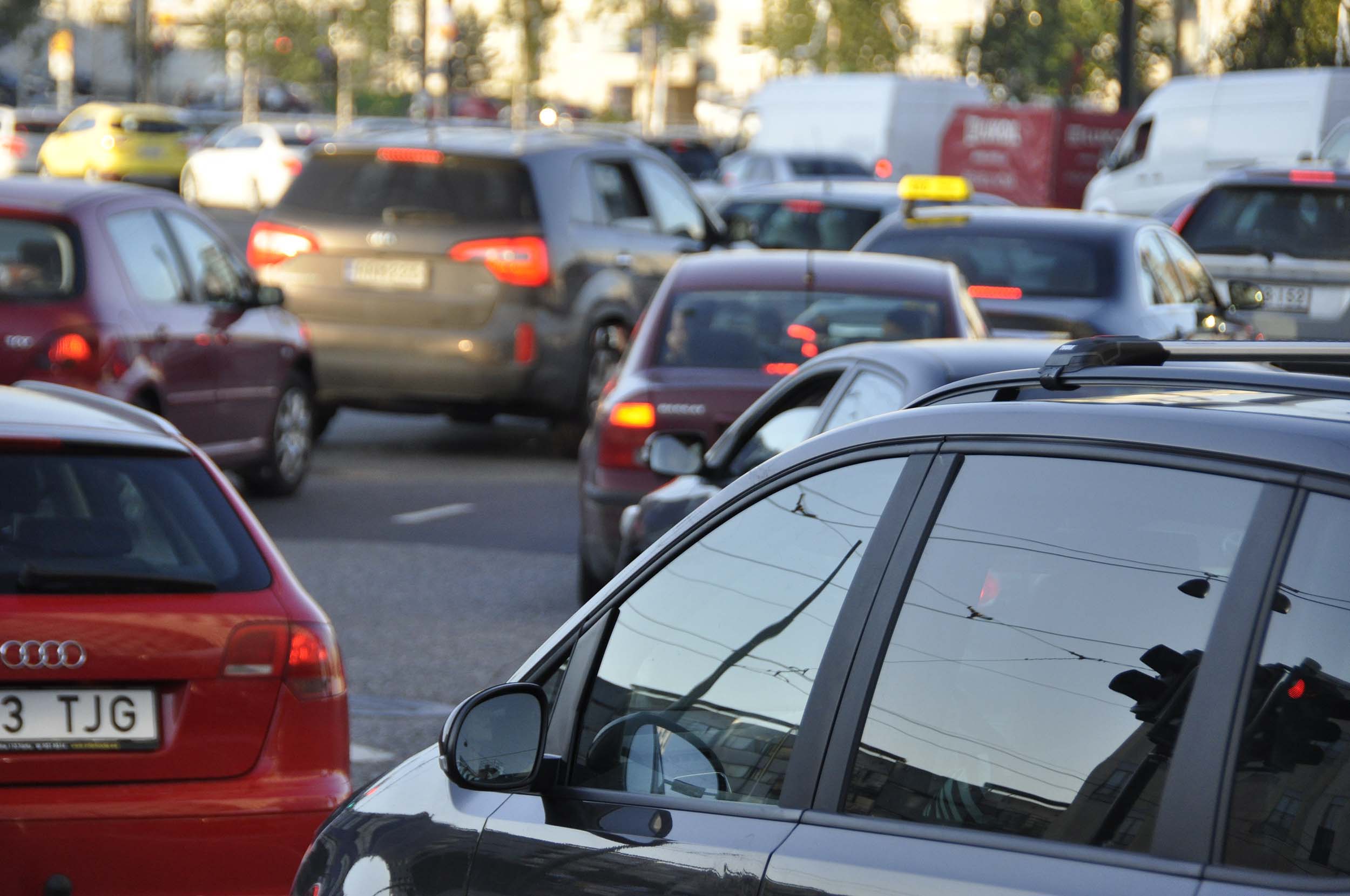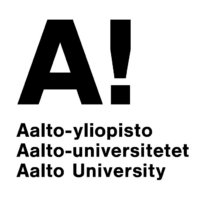How can drivers be helped to avoid congested areas or areas where we want to maintain traffic safety? This was a question tackled by the Future Digital Mobility Management project.
More information exchange is needed between the City and drivers for example regarding additional information related to traffic that is not available via standard traffic information channels.
The City may also need to convey other messages to drivers. In order for drivers to be able to better take into account social values and factors related to the sustainable development of the city environment when planning their route, these factors must be communicated to drivers.
Cities have increasingly been testing incentives to guide people’s mobility choices. For car drivers the incentives must be customised and personalised in order to suggest alternatives to their original route plans, while taking into account the general traffic situation. The incentives must be situation-specific and offered in real time, which requires them to be brought to the driver’s attention while they are driving. This in turn requires collaboration with service providers in the automotive industry.
The FDMM project’s objective was to determine how drivers can be directed to choose more socially responsible routes while simultaneously improving the flow of traffic. Drivers were helped to avoid selected areas that may be congested or have poor air quality or areas in which maintaining traffic safety is particularly important (e.g. areas around schools and daycare centres at certain times of the day).
Duration, partners and funding
- 1 January to 31 December 2021.
- The project was supported by EIT Urban Mobility. It had a total budget of EUR 1,130,442, of which Forum Virium Helsinki’s share was EUR 126,963.
- The project’s second partner city was Amsterdam, while service providers in the automotive industry were represented by TomTom and Mercedes-Benz. The parties responsible for the research portion of the project were AMS Institute, Aalto University and Delft University of Technology, while Future Mobility Network was responsible for commercialisation.
The role of Forum Virium Helsinki
In the project, Forum Virium Helsinki represented the City of Helsinki and offered Helsinki as a testing platform for car and navigator manufacturers. Forum Virium Helsinki also supported Aalto University in the research work carried out in the project. The contact person at Aalto University research was Claudio Roncoli, Assistant Professor of Transportation Engineering, claudio.roncoli(at)aalto.fi
Benefits for Helsinki
A traffic control tool was developed. The tool supports the directing of traffic to more socially responsible routes and promotes Helsinki’s carbon neutrality goal and traffic safety in the city.
The main results of the project
There was an international Code the Streets -pilot in Helsinki in which car drivers were sugggested alternative routes by a navigator. The pilot worked to find out what kind of messages or nudging have influence on the routes selected under different circumstances. The new aspect in the pilot was that the routes suggested by a navigator covered safety and air quality issues in addition to the traffic status.
http://codethestreets.eu
The project was supported by EIT Digital, and the Helsinki subproject was supported by the City of Helsinki.


